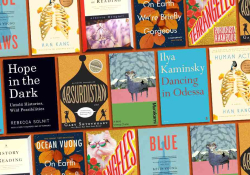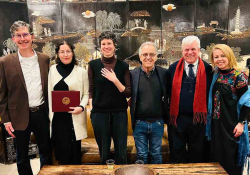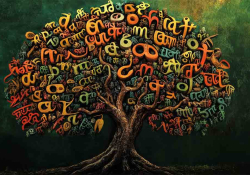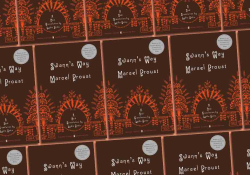75 Years Ago in These Pages
 “The French critic Albert Thibaudet proposed in one of his books on the novel a distinction between two kinds of reader: the liseur and the lecteur. I do not know whether a similar differentiating nuance is possible in English, but in Spanish I call them lector and leedor. The gallery of leedores is extensive: The student who strains his eyes over his text on the eve of the examination, the professor who spends the night with his treatises collecting data for his lecture, the cook, who, pausing near the stove, recites aloud the culinary instructions conducive to the succulent dish.
“The French critic Albert Thibaudet proposed in one of his books on the novel a distinction between two kinds of reader: the liseur and the lecteur. I do not know whether a similar differentiating nuance is possible in English, but in Spanish I call them lector and leedor. The gallery of leedores is extensive: The student who strains his eyes over his text on the eve of the examination, the professor who spends the night with his treatises collecting data for his lecture, the cook, who, pausing near the stove, recites aloud the culinary instructions conducive to the succulent dish.
Opposed to these legions, and in rare minority, are the lectores. A lector may be defined simply as one who reads for the sake of reading, for the pure delight of reading, because of an invincible love of the book itself. He has no desire to obtain from what he is reading material gain, promotion, money, or concrete information which will boost him up the social ladder; his attention is focused completely on the book itself and the world the book evokes. . . .
If all of us are players in the great theater of the world, dreamers of the dream of life, would it not be more beautiful for us to play those great rôles which are already written in books, awaiting him who wishes to incarnate these noble rôles, rather than play the miserable part of ignoble men?”
—Pedro Salinas, “Saint Alonso and Saint Miguel,”
Books Abroad 22, no. 3 (Summer 1948): 233, 236














